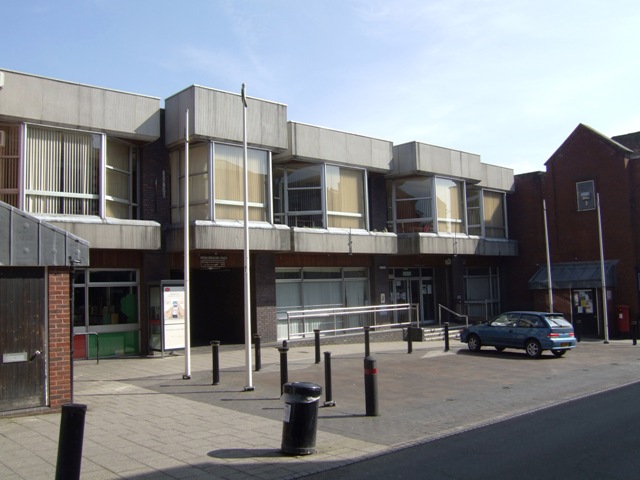Cap Corse: Corsican Apéritif Seeks International Revival Amid Resurgence

Cap Corse, once a staple in Corsican bars, is experiencing a notable resurgence as it seeks to reclaim its place in the global apéritif market. The wine-based liqueur, infused with tree bark, citrus fruits, and herbs, has transitioned from the dusty shelves of local establishments to an emerging presence in the international beverage landscape. This renewed interest follows its decline post-World War II when it became a nostalgic choice primarily for older Corsicans who remembered its former glory. Today, however, the liqueur's producers are innovating to attract a broader audience, leveraging the cocktail renaissance and the popularity of aperitifs like Aperol.
The revival of Cap Corse is largely attributed to the efforts of LN Mattei, the company established in the early 1870s, which has undergone significant transformation since its acquisition by Groupe Boisson Corse in 2016. According to Patrice Gontier Ackermann, General Manager of LN Mattei, the company has shifted its production from 80,000 bottles—almost exclusively sold in Corsica—to 400,000 bottles, with approximately 15% now exported. This represents a strategic pivot aimed at tapping into international markets that favor unique and artisanal beverages.
"Over time, Cap Corse had evolved to emphasize the bitterness of cinchona bark," Gontier Ackermann explained. "To appeal to a broader audience, we revived the original recipe of our founder, Louis Napoléon Mattei, which balances sweetness and bitterness." This adaptation was informed by the rising trend of mixology and the increasing demand for distinctive alternatives to mainstream aperitifs.
The company is launching the "Capo Spritz," a cocktail that draws inspiration from popular drinks like the Aperol spritz, which has seen meteoric global success. This new offering is already being served in bars across Corsica, packaged in LN Mattei-branded glassware reminiscent of its more famous counterparts. As tourism to Corsica increases, with a reported 6% rise in foreign visitors last year, the timing for Cap Corse's comeback could not be better, as the island is becoming a sought-after destination for travelers from beyond France.
The flagship LN Mattei shop in Bastia, recognized as a historical landmark, serves not only as a retail space but also as a cultural touchpoint, stocking a variety of Corsican products and enhancing the brand's heritage appeal. Plans are already in place to introduce an alcohol-free version of the apéritif, reflecting changing consumer preferences and the growing market for non-alcoholic beverages. Gontier Ackermann noted, "That could become an important market for us in the years to come."
As Cap Corse endeavors to establish itself on the international stage, it faces the challenge of maintaining its authentic Corsican identity while appealing to a global audience. The company's ambitious goal of doubling production to 800,000 bottles by 2030, with half intended for export, underscores its commitment to growth in a competitive market. However, observers caution that if the brand does not keep evolving, it risks falling back into obscurity. The resurgence of Cap Corse not only reflects changing consumer tastes but also embodies a broader trend of rediscovery of traditional products in a globalized marketplace. As the demand for unique and artisanal beverages continues to rise, Cap Corse's journey may serve as a case study for other regional products grappling with the challenges of modernization and international expansion.
Advertisement
Tags
Advertisement





